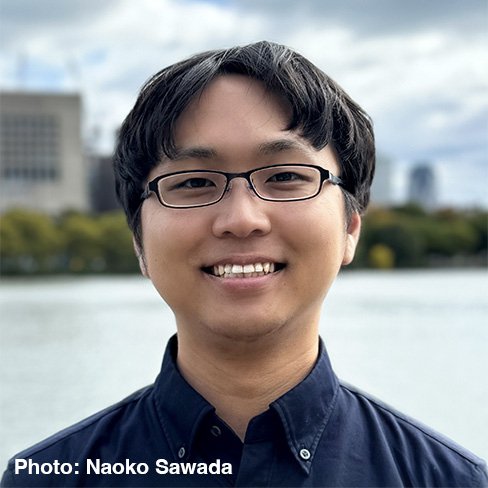Biotechnology & medicine
Masahiro Kanai
Leading international research that unravels the genetic factors behind COVID-19 infections.
Naoko Sawada

Global
Leopold Green
He wants to bend DNA into tubes to fight disease.

Global
Mireille Kamariza
She cut the detection time of the bacteria that causes tuberculosis to under an hour.

Japan
Kento Yamagishi
Aiming for athletic motion analysis and cancer treatment.

Global
Christina Tringides
She engineered a device that could help brain surgeons operate with greater precision.
